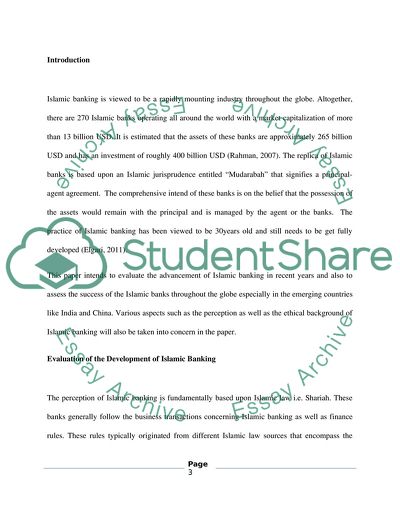Cite this document
(Islamic Banking Description Assignment Example | Topics and Well Written Essays - 1500 words, n.d.)
Islamic Banking Description Assignment Example | Topics and Well Written Essays - 1500 words. Retrieved from https://studentshare.org/finance-accounting/1793344-islamic-banking
Islamic Banking Description Assignment Example | Topics and Well Written Essays - 1500 words. Retrieved from https://studentshare.org/finance-accounting/1793344-islamic-banking
(Islamic Banking Description Assignment Example | Topics and Well Written Essays - 1500 Words)
Islamic Banking Description Assignment Example | Topics and Well Written Essays - 1500 Words. https://studentshare.org/finance-accounting/1793344-islamic-banking.
Islamic Banking Description Assignment Example | Topics and Well Written Essays - 1500 Words. https://studentshare.org/finance-accounting/1793344-islamic-banking.
“Islamic Banking Description Assignment Example | Topics and Well Written Essays - 1500 Words”, n.d. https://studentshare.org/finance-accounting/1793344-islamic-banking.


